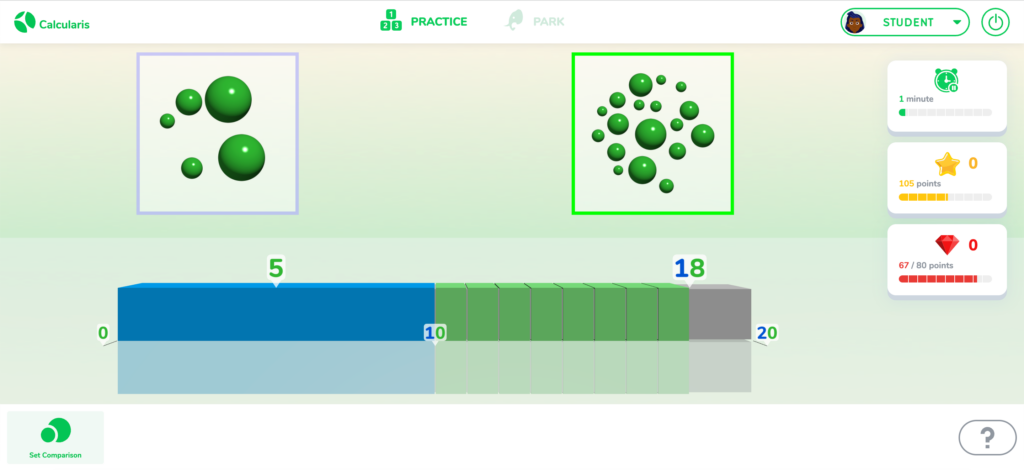
Dyscalculia is defined as difficulty acquiring basic arithmetic skills that are not explained by low intelligence or inadequate schooling and unsurprisingly, many people with dyscalculia struggle to manage their finances well enough to secure and build wealth. Dyscalculia does not improve without treatment, and the older you are the more likely you were educated without the awareness of neurodiversity that has begun to penetrate into the school system in the last few decades. Moreover, these days, financial management is more complex and often requires the use of technology, it can be hard to keep up with constantly new technological tools and know what you need to use – on top of this dyscalculia can make it difficult to learn new tricks. Here are some tips on financial management when living with dyscalculia.
Read more






